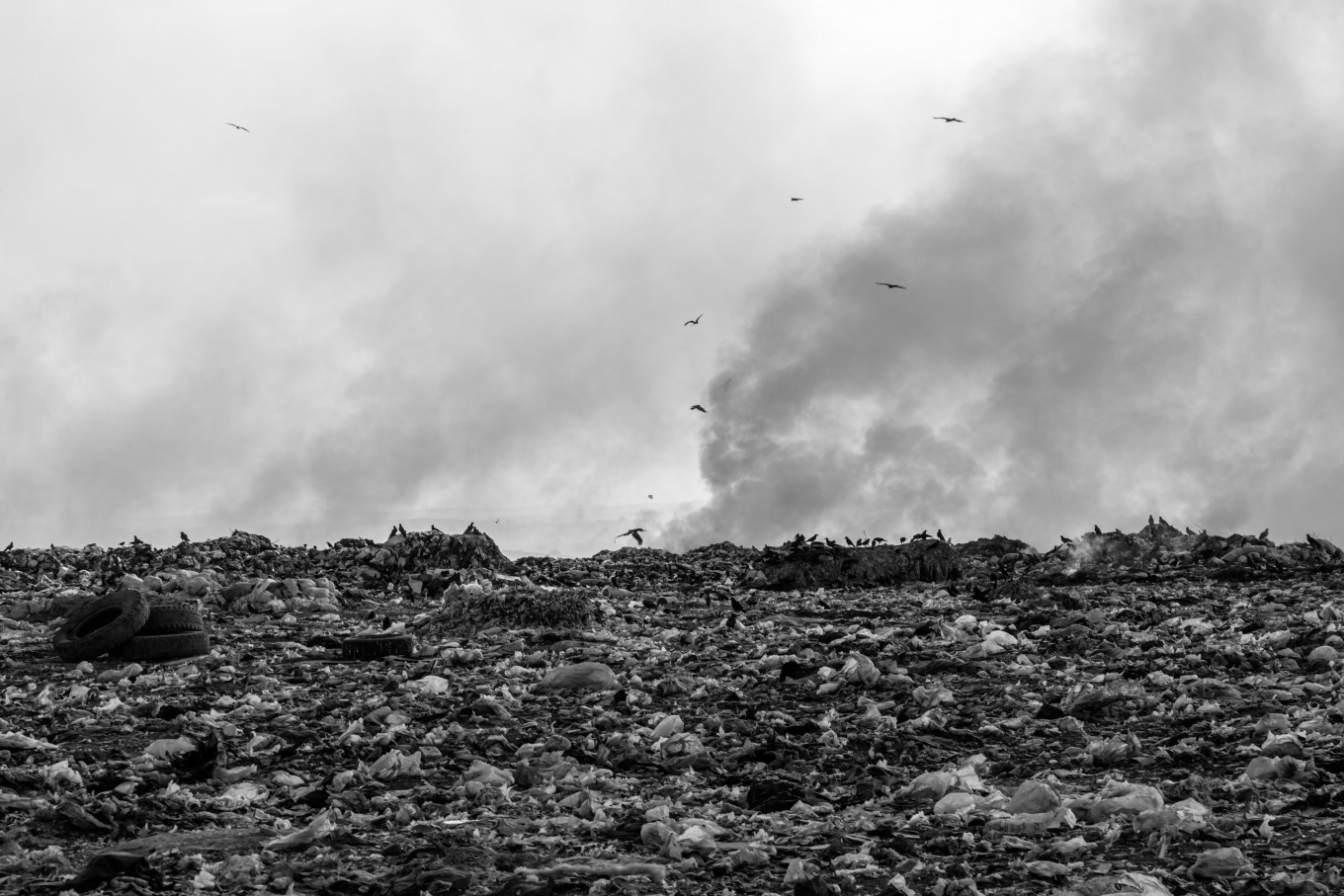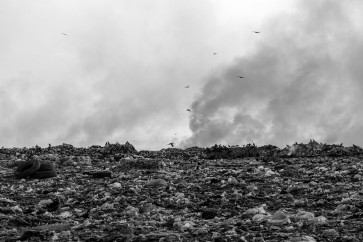Popular Reads
Top Results
Can't find what you're looking for?
View all search resultsPopular Reads
Top Results
Can't find what you're looking for?
View all search resultsNew research shows true danger of waste burning in the greater Jakarta area
Research on waste burning shows the extent of the practice and its fallout on public health to be more extensive than imagined.
Change text size
Gift Premium Articles
to Anyone
R
esearch on waste burning shows the extent of the practice and its fallout on public health to be more extensive than imagined.
The sight of burning waste is as ubiquitous as it is unwelcome, not least because the flames sting one’s eyes and nostrils, as well as bring about haze that reduces visibility. But recent research by the waste management startup Waste4Change and the Bicara Udara (Talk of Air) foundation revealed that the practice is more than an unwelcome nuisance.
Running rampant
In a recent webinar titled Waste4Change Insight: Menelusuri Aktivitas Pembakaran Sampah Terbuka di Wilayah Jabodetabek (Waste4Change Insight: Tracing Open-Air Waste Burning in the greater Jakarta area), the organizations noted that the rate of waste burning has run rampant, reaching annual rates of 240.25 Gigagrams during the research period of between August 20, 2022 to the end of the year.
“The amount of waste burned in the greater Jakarta area is estimated at 240.25 Gigagrams annually, equivalent to the 108,825 hectares of forests burned during forest fires in Kalimantan. The carbon emissions from the fires are estimated at 12,627.34 Gg, nearly the same as the 14,280 Gg of forest fires in Kalimantan in 2021,” said Waste4Change recycling supply specialist Lathifah A. Mashudi of the findings during a webinar on Feb. 27. “Waste burning from the greater Jakarta area amounted to 9.42 percent of all greenhouse gas emissions in Indonesia.”
She said burning waste was based on a number of short-term benefits, such as the ashes from the waste as fertilizer or warding mosquitoes off at night. But Lathifah maintained that the long-term effects of burning waste outweighed their perceived benefits.
The Jakarta Provincial Administration’s Health Services provisional head doctor Aris Nurzamzami backed Lathifah’s findings. He noted that burning waste releases chemical compounds that are equally dangerous for the environment and humans, as they are carcinogenic in nature.



















